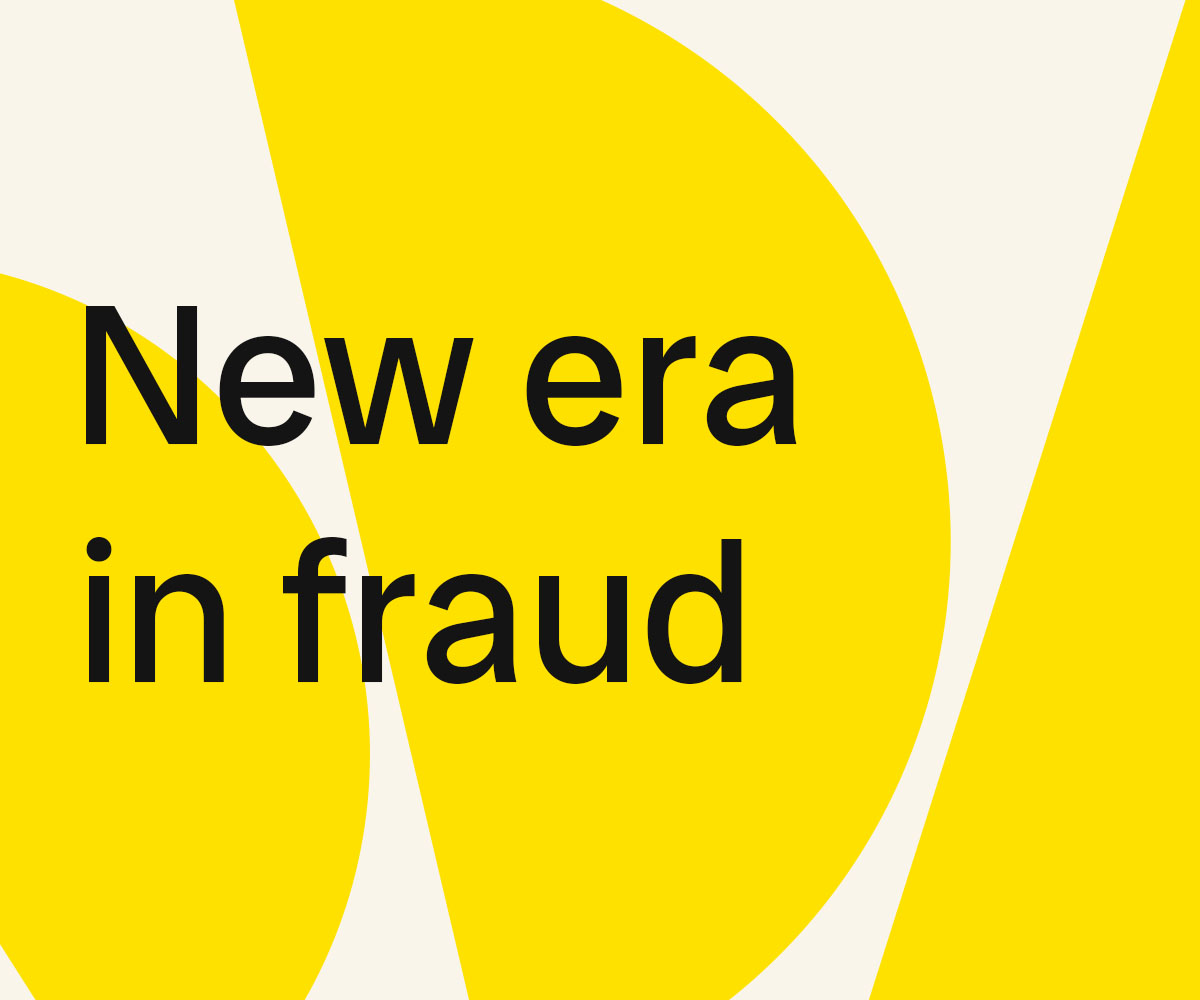Why do businesses need APMs?
Alternative payment methods offer convenience, speed, and enhanced security. Traditional payment methods, such as cash and credit cards do not have the flexibility that is needed in the online economy. APMs provide consumers with a frictionless payment experience that fits in with their digital lives. With the increasing dominance of smartphones, consumers can now complete transactions with just a tap or a swipe, changing the way we think about money and our purchasing behavior.
What APMs are there?
- Open Banking: born from PSD2, allows for direct account-to-account payments. Third-party service providers can have access to financial information through APIs. It is secure, fast and growing in popularity.
- Direct Debit: is most commonly used for recurring and subscription payments. The consumer agrees to let the merchant take funds directly from their bank account. The consumer is alerted when the merchant will deduct funds.
- Wallets: digital or eWallets are a way to store funds and payment instruments on digital devices. They provide users with a secure and convenient way to store funds and make transactions. Users can load their wallets through various methods, such as bank transfer, card, or cash, enabling online and offline payments, person-to-person transfers, and cross-border transactions.
- Prepaid cards: the consumer loads a card with funds in order to make purchases. They can then only spend this money. Unlike a traditional debit or credit card, a prepaid card is not linked to a bank account.
- Buy now, pay later (BNPL): allows customers to either pay the total amount later or spread an item’s cost over several installments. Purchases are usually funded via a bank account, debit, or credit card.
- Carrier Billing: this payment method is perfect for micro transactions and completely mobile. The user pays for goods or services by adding the cost to their mobile phone bill. The method is growing in popularity especially in iGaming, gaming, and mobility.
- Cryptocurrencies: is one of the more revolutionary developments in the world of alternative payments. The blockchain technology that underpins these cryptocurrencies ensures security, offering a level of trust that traditional financial systems may struggle to match. While the regulatory landscape for cryptocurrencies is still evolving, the potential for a decentralized and globalized financial ecosystem is tempting.
What is the best APM for my business?
Arash Chegeni, our expert in APMs, states “Although there are a lot of options out there, it doesn’t mean that they will all be relevant to you. The right APM selection depends on your business, your market, your customers, and how you want to grow”. This is an important point, randomly adding APMs to your payment mix because they have good SEO is unlikely to boost your sales. A structured and in-depth look into your key demographics and the available payment methods will ensure that you provide the right mix for your audience.
While alternative payment methods offer advantages, of course, challenges remain. It would not be payments without security concerns, regulatory uncertainties, and the potential for fraud. However, by working with a payments partner who understands these challenges you can protect your business as you grow.
Create your perfect payment mix
The future of eCommerce is being shaped by the rapid evolution of alternative payment methods. From cryptocurrencies to mobile, the landscape is expanding, offering consumers and businesses a plethora of options. As we navigate this transformative period, it is essential for stakeholders to collaborate, innovate, and address challenges to ensure a seamless transition to a future where alternative payment methods are not just options but an essential part of eCommerce.



